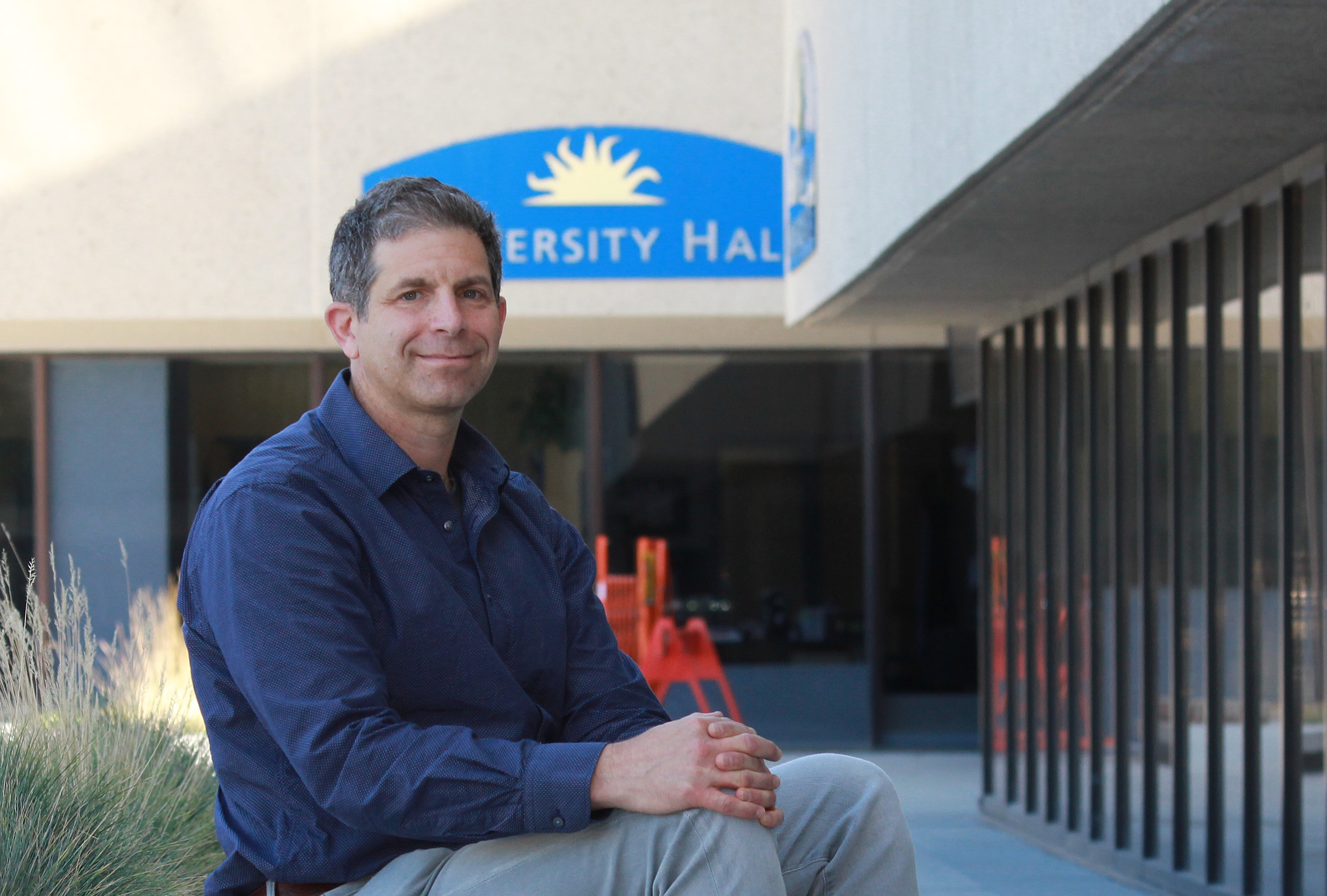Dr. John Ziker, Chair of the anthropology department at Boise State University in Idaho, will be spending the fall semester at the University of Lethbridge as the Fulbright Canada-Palix Foundation Distinguished Visiting Research Chair in Brain Science, and Child and Family Health and Wellness.
“It’s an honour to get this award. It’s facilitating this new research direction and collaboration,” he says.

While he’s at the U of L, Ziker will conduct research to test hypotheses about behavioural pathways for the transmission of stress responses from one generation to another. Using Statistics Canada’s National Longitudinal Survey of Children and Youth (NLSCY), Ziker will look at 100 variables across the 15 years of the study. He’ll be looking for correlations between factors like parental use of alcohol during pregnancy, low birth weight, premature birth, parental depression and family dynamics.
“I’m interested in a possible behavioural pathway to the intergenerational transmission of alcoholism, drug use and depression,” he says. “The hypothesis is that if individuals are in a harsh environment, they would tend to be more present-oriented and possibly be more likely to abuse alcohol and drugs. Also, it’s more likely they will be having children earlier in their lives so they might put the next generation under the same conditions they were put under.”
Ziker will use both life history theory and behavioural ecology approaches. Life history theory examines the timing of major life course events while behavioural ecology looks at how individuals adapt to social, physical and environmental characteristics.
“Certain periods in the lifespan are really critical for the development of healthy brains and healthy social relationships. The prenatal and early childhood environment is very important, and research shows that traumatic events in middle childhood can increase morbidity and mortality rates. When you have really harsh environments, it tends to shorten the lifespan and people adapt to that by having an earlier age of first birth,” he says.
Based on the hypothesis that social support might moderate the negative effects of harsh environments, Ziker will also examine data on support networks to see if they have a beneficial effect.
The results of Ziker’s research will add to the body of knowledge about the developmental causes of health and disease.
Ziker is hosted by Dr. Louise Barrett, a U of L psychology professor and Canada Research Chair in Cognition, Evolution and Behaviour. As part of his Fulbright award, Ziker will participate in some outreach activities for the Palix Foundation’s Alberta Family Wellness Initiative. Following today’s panel discussion in Calgary, Ziker is scheduled to give a talk about ways to improve outcomes for Lethbridge children and their families on Monday, Oct. 3 at the Lethbridge Fall Community Reception 2016 from 5 to 7 p.m. in Markin Hall.
Ziker is familiar with Alberta from previous visits; he met his wife, Shelanda Kujala (BMgt ’00), in Calgary when he was a Fulbright scholar at U of C in 2008.
Fulbright Canada is a binational, treaty-based, non-governmental, not-for-profit organization with a mandate to identify the best and brightest minds in the United States and Canada and engage them in residential academic exchange. The Palix Foundation is a proactive private foundation that established the Alberta Family Wellness Initiative in 2007 to better understand and address how intergenerational factors in children’s lives impact their health and well-being throughout life.
